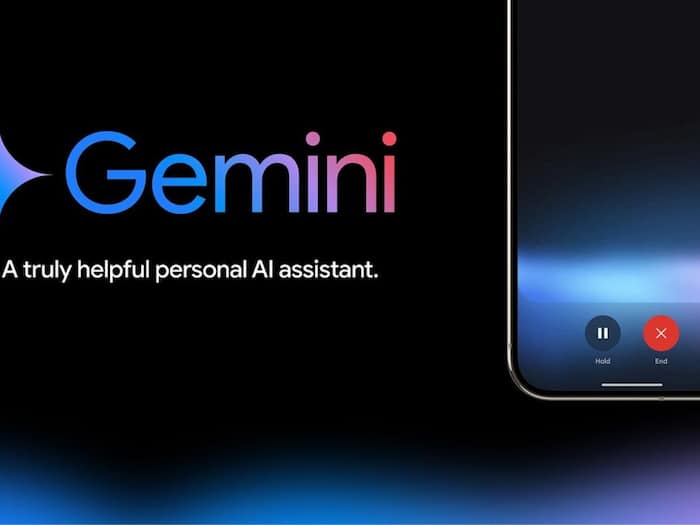
Written By Deepti Ratnam
Published By: Deepti Ratnam | Published: Aug 25, 2025, 11:24 AM (IST)

Apple has long promised big things with artificial intelligence, however, its progress has been slower than expected as compared to other tech giants that are already in the market with their high-end AI features. Since, the launch of the iPhone 16 in 2024, the tech giant has spoken about advanced AI features and enhancements, but most of those have yet to reach users.
Meanwhile, rivals like Google and OpenAI have already introduced their powerful tools that are currently shaping how people interact and use AI in their daily life. To fill this gap, Apple is pushed to explore new partnerships, and hence, Google’s Gemini AI might be the best solution to powering the next stage of Siri.
As per report coming from Bloomberg’s Mark Gurman, Apple is in talks with Google to integrate Gemini AI into its devices. If this happens, then it could mean that future Siri experiences will run on Apple’s own servers. Nevertheless, it will be powered by Google’s technology. This approach could give Apple the privacy control it always highlights while still delivering the AI performance users expect.
Apple has always been open about its search for AI collaborators and this makes its one of the biggest dwal with OpenAI, giving iPhone and Mac user access to ChatGPT. But, this arrangement has raised several concerns regarding user data. The ChatGPT access is iPhone and Mac means that the user data will be sent to the external servers outside Apple’s control.
Reports also suggest Apple considered working with Perplexity and even thought about acquiring the startup to strengthen its AI strategy.
If Apple’s deal with Google’s Gemini moves forward, then Siri could finally get the AI boost that it has been desperately looking and needs. There could be more natural conversations, smarter answers, and improved integration with iPhone apps.
Talking about the upcoming iPhone 17 series, Apple doesn’t seem to be showcasing any major Gemini-powered tools at its launch event. Instead users may have to wait for software updates later in the year to see the results.